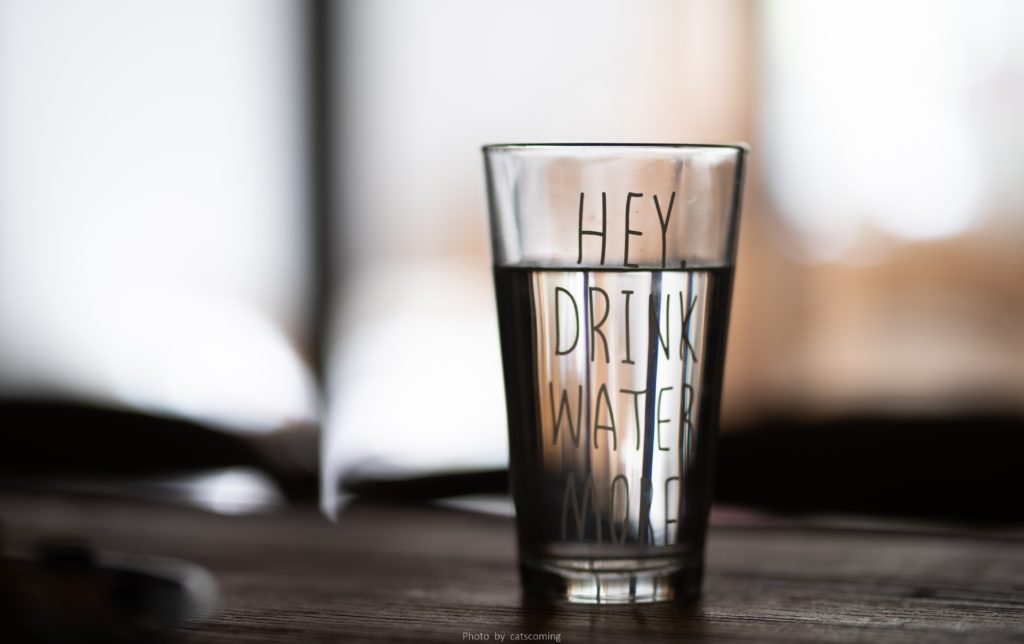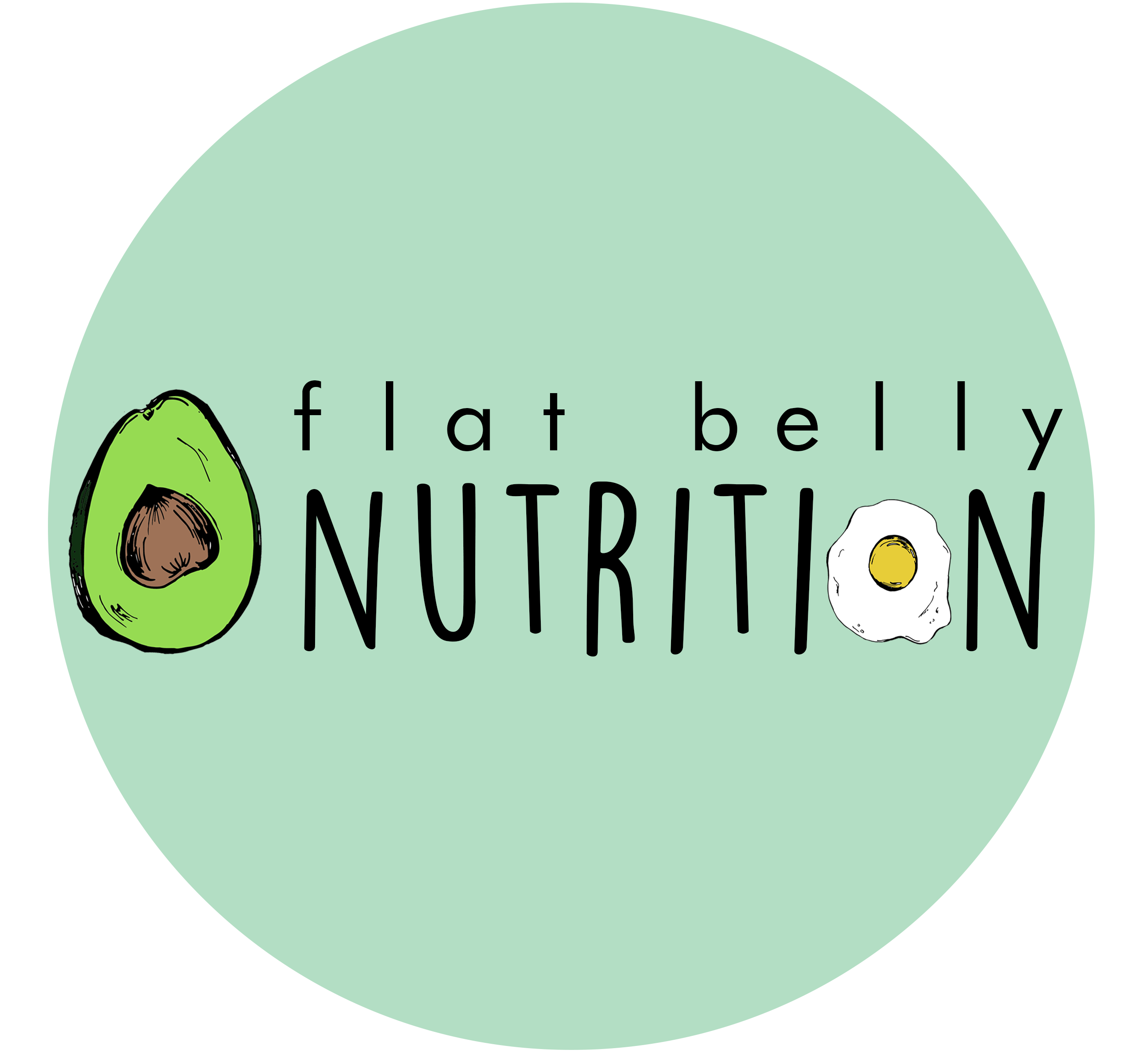
We know that given the proper tools and time, our bodies can heal themselves. So, when we talk about “detox” at FlatBelly Nutrition, understanding your health history is #1 so we can get a grasp of your starting point and make a plan for better health moving forward. Depending on your lifestyle and habits, and how long you’ve maintained them, your body may need some preliminary encouragement to get back on the right track.
Detoxification, simply put, is the removal of toxins from the body. Our bodies are amazingly designed to handle exogenous toxins (from our environment) and endogenous toxins (from inside the body through metabolic processes). The liver, for examples, can convert some toxins into water soluble substances so that we can pass them through the kidneys and out of our systems. Your skin, lungs, GI tract, and microbiome each have similar processes in place to convert and rid us of those toxins.
The real concern begins with consistent exposure to pollutants for extended periods of time. Additives in processed foods are simple for us at FlatBelly to address with you, but if you think you have had regular exposure to things such as lead, mercury or other persistent organic pollutants, these can store in the body tissues or in some rare cases the blood, please see your physician for blood tests and medical diagnosis.
Take the first steps to detoxing your life by considering the following changes in your house:
- Avoid fad diets for extended amounts of time that limit your food to specific drinks and foods that detract from balanced whole-body health nutrition. Instead, focus on a variety of colorful food in your main meals.
- Drink enough water! Hydrated cells encourage better autophagy and For the average-level activity person this means half of your weight in ounces daily. If you weight 150 pounds, aim for 75 ounces. That’s 2 1/2 Nalgene’s or, 9 to 10 typical tall kitchen glasses of water. (If you’re doing a lot of sweating in your workouts you’ll want to ramp this up.)
- Avoid products claiming to ‘cleanse’ any part of you. These are not a natural way to encourage our body’s processes. Water is the free version of this, or maybe some turmeric, green or raspberry leaf tea.
- Avoid highly processed foods. These usually contain higher amounts of refined carbohydrates, added salts and sugars.
- Scrub, don’t just rinse, your produce to remove pesticides and residue from shipments to your local market.
- Limit intake of high-mercury fish like ahi tuna, king mackerel, marlin, orange roughy, shark and swordfish.
- Do not microwave or freeze foods in plastic containers. This can increase the risk of release of a number of chemicals into your food.
Sited:
– Tufts University Health and Nutrition: http://nutritionletter.tufts.edu
– Understanding Normal and Clinical Nutrition : Rolfes, Pinna and Whitney; 2012
